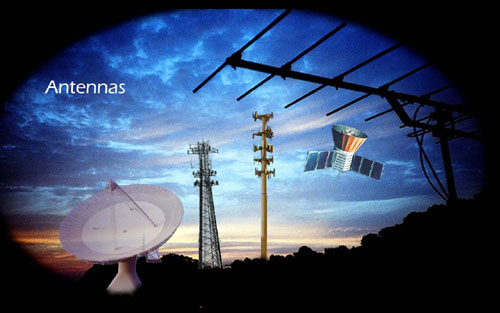about us
The Wireless and Long Distance Communications Laboratory was founded in 1973. It belongs to the Division of Information Transmission Systems and Material Technology and is headed by Professor Christos Capsalis. Its domains of specialty are mainly the theoretical and experimental research on telecommunication topics, emphasizing the following subjects:
- Electromagnetic Compatibility
- Radiation Effects
- Antennas
- Wireless Links and Propagation
- Biotechnological issues
- Electromagnetic Theory
The WLDCL collaborates with organizations and industrial partners, undertaking studies on scientific topics which are relative to its specialization, such as RF coverage, electromagnetic compatibility, and RF measurements.
Recent theoretical work includes the study of fundamental aspects of computational-electromagnetic methods (integral equation methods as applied to dipole antennas, Method of Auxiliary Sources, Method of Moments, Extended-Integral-Equation methods), the properties (including near-field properties) of special types of antenna arrays, and the development of simplified models for the study of end- and edge-effects for antenna arrays. Also the design and development of smart/intelligent antenna systems that facilitate the reception of digital terrestrial television signals, mobile and satellite communications and broadcast services. Another field of expertise is the theoretical analysis, simulation and optimization of radiation characteristics of antennas and arrays of antennas (different kinds of antenna systems, including planar (microstrip), hollow waveguide (horn), and helical antennas). Optimization techniques of interest include Genetic Algorithms (GA’s) and Particle Swarm Optimization.


